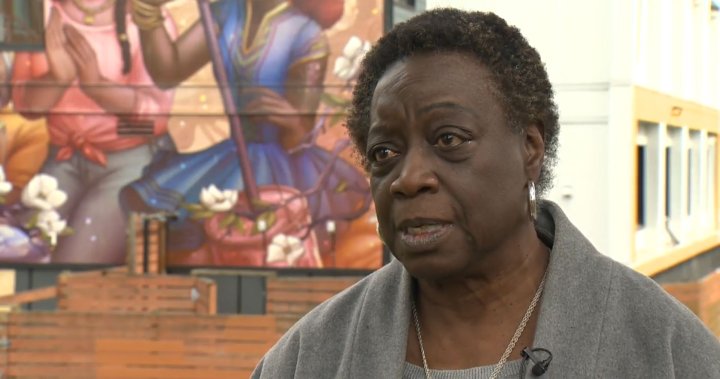The African Descent Advisory Committee, formed in 2021 at the request of the Vancouver Police Board, has decided to cut ties with the board due to a lack of cooperation and feeling unheard. The committee, consisting of eight African-descent community leaders and Vancouver police officials, felt that their input was not being valued and that the board was dismissive of their concerns. The breaking point for the committee was the revival of the department’s school officer liaison program, which they believed could potentially harm Black, Indigenous, racialized, queer, and disabled students. The committee had been vocal in their opposition to the program at the beginning of the school year.
In June, a member of the Vancouver Police Board resigned over the decision to reintroduce the school officer liaison program, claiming it contradicted the board’s commitments to anti-racism and decolonization. The member criticized the lack of consultation and discussion within the board regarding the program. The original School Liaison Officer (SLO) program had been discontinued in 2021 following a review that found mixed perceptions among students, with lower levels of perceived safety among Indigenous and Black respondents. In November 2022, B.C.’s human rights commissioner called for an end to SLO programs in all schools unless there is evidence to support their necessity and safety benefits.
The committee’s decision to discontinue communication with the Vancouver Police Board has raised concerns, with B.C.’s Solicitor General, Mike Farnworth, expressing disappointment in the decision. He mentioned upcoming changes to the police act that aim to address some of the issues raised by the committee. The mayor of Vancouver, Ken Sim, heads the Vancouver Police Board and has not yet commented on the committee’s decision. The committee’s co-chair, Sadie Kuehn, emphasized the lack of collaboration from the board in addressing community concerns and the disrespectful treatment of committee members who were volunteering their time and energy.
The African Descent Advisory Committee’s decision to distance itself from the Vancouver Police Board reflects ongoing tensions and concerns around police-community relationships and school safety programs in the city. The committee’s frustration with the lack of meaningful engagement and respect from the board highlights the challenges in fostering effective communication and collaboration between law enforcement and marginalized communities. The controversy surrounding the school officer liaison program underscores the importance of listening to community voices and conducting comprehensive assessments of the impacts of policing initiatives on vulnerable populations. The outcome of this conflict may influence future policing strategies and community engagement efforts in Vancouver.
As discussions around policing, racial justice, and community safety continue to evolve, it will be essential for stakeholders to prioritize inclusive dialogue, transparent decision-making processes, and genuine efforts to address systemic inequalities and biases. The experiences of the African Descent Advisory Committee and their decision to sever ties with the Vancouver Police Board serve as a reminder of the complexities and sensitivities involved in navigating relationships between law enforcement agencies and diverse communities. Moving forward, there is a need for ongoing reflection, accountability, and proactive measures to build trust, foster understanding, and promote equitable outcomes for all residents in Vancouver. By acknowledging and responding to the concerns and perspectives of marginalized groups, authorities can work towards creating safer, more inclusive environments that uphold the rights and dignity of all individuals.


